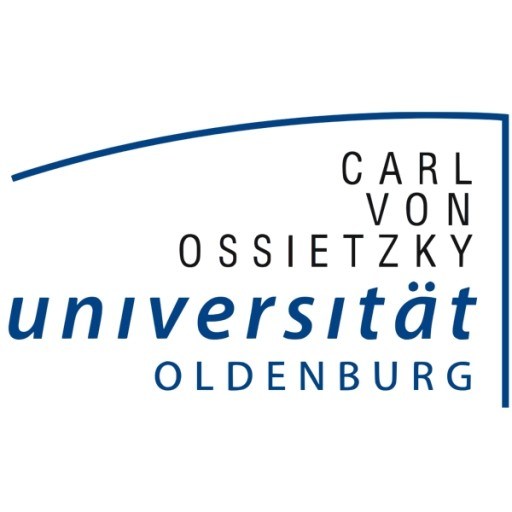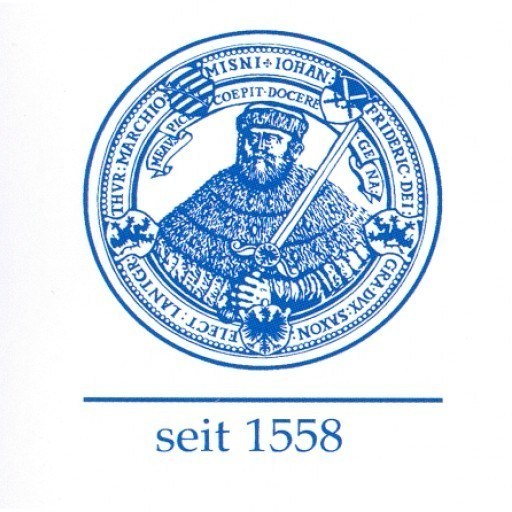Photos of university / #universitaet.tuebingen
The Master's degree in Cellular and Molecular Biology of Plants at the University of Tübingen offers students comprehensive training in the fundamental and advanced concepts of plant cell biology, molecular mechanisms, and organism development. This interdisciplinary programme is designed for students who are passionate about understanding the complex biological processes that govern plant life, from genetic regulation and signal transduction to cellular structure and function. Throughout the programme, students engage with cutting-edge research topics such as gene editing, plant biotechnology, and metabolic pathways, preparing them for careers in research, agriculture, environmental management, or biotechnology industries. The curriculum combines coursework, laboratory work, and research projects, fostering practical skills alongside theoretical knowledge. Students benefit from the university's strong network of research institutes and collaborations, which provide access to state-of-the-art facilities and expert mentorship. The programme emphasizes critical thinking, experimental design, and data analysis, equipping graduates with the tools to contribute meaningfully to scientific advancements in plant sciences. International students can expect a multicultural academic environment that encourages innovation and interdisciplinary collaboration. Graduates of this programme are well-prepared for doctoral studies or professional roles in research institutions, biotech companies, and environmental agencies dedicated to plant health and sustainability. Overall, the Master’s in Cellular and Molecular Biology of Plants at the University of Tübingen offers a rigorous and inspiring academic experience, enabling students to become leaders in the field of plant biology with a deep understanding of cellular processes and molecular techniques essential for tackling global challenges related to food security, climate change, and sustainable agriculture.
Educational organisation
Please see the module handbook, which is available on the course website.Study abroad unit(s)
An international placement is optional.Forms of assessment
Written and oral examsWritten work (protocols, essays)
Scientific presentations
Practical laboratory work
In total, 120 credits are needed to graduate: 24 credits for compulsory modules, 66 credits for elective modules, and 30 credits for the Master´s thesis project.
Course objectives
Graduates will have in-depth knowledge of the theoretical explanatory approaches, principles, and methods in the life sciences, with a focus on the area of cell and molecular plant biology. They will be conversant with the current state of research and be capable of challenging it. Extensive training in the area of cell and molecular biology will benefit graduates in the development and implementation of their own research ideas. They will be able to derive concrete questions from general concepts in the life sciences and subject them to theoretical and practical analyses, tests, and interpretations. In this regard, they will be capable of estimating the relevance and effects of their own professional practice with due regard to ethical principles.Graduates will be able to present, elucidate, and discuss the results of their research before a scientific audience in German and in English and in both written and oral form.
Language requirements
English language proficiency: TOEFL 95, IELTS 6.0, native speaker or English-language Bachelor's degree, or English B2 (also possibly English at German Abitur level)International Applicants: German language proficiency (DSH1, Goethe-Zertifikat B1, TestDaf3333)
Required DSH / TestDaF
YesAcademic requirements
Requirements:Bachelor's degree with a grade of at least 2.5 (German grading system)
English language proficiency: TOEFL 95, IELTS 6.0, native speaker, English-language Bachelor's degree, or English B2 (also possibly English at German Abitur level)
International Applicants: German language proficiency (DSH1, Goethe-Zertifikat B1, TestDaf3333)
Selection criteria for the ranking list: Bachelor's degree grade. The grade can, if applicable, be "improved" through bonus points. The exact grade required for admission can not be fixed, as this depends on the number of applicants. In previous years, the grade limit was 2.4.
Enrolment fees
Enrolment fees at the University of Tübingen are currently 142.10 EUR per semester. These fees entitle each student to a semester ticket for public transportation in the city of Tübingen and the surrounding area.Costs of living
The cost of living and accommodation range from 500 EUR to 800 EUR per month, depending on lifestyle. The biggest cost is rent; the cheapest student houses start at 180 EUR per month. Apply for student accommodation at the same time that you apply for admission to the Master's programme (i.e., before you have a confirmed study place).Job opportunities
Students may find jobs as graduate research assistants in projects of the Department of Biology or the Department of Pharmacy and Biochemistry.Arrival support
Welcome events are organised by the university. For more information, please see http://www.uni-tuebingen.de/en/international/international-students-in-tuebingen/advice-for-international-students/advisory-course.html.Services and support for international students
During the orientation weeks, (http://www.uni-tuebingen.de/en/international/international-students-in-tuebingen.html), students will be escorted to public authorities for registration purposes and helped with opening bank accounts, registering with the university, and setting up their health insurance. In addition, a number of social events, in which class members can get to know each other, are organised (http://www.uni-tuebingen.de/en/international/international-students-in-tuebingen/getting-started.html).The "Studierenden-Initiative Internationales Tübingen" (http://en.studit-tuebingen.de/) is a group of students at the University of Tübingen that helps new international students settle down in Tübingen and ensures they have a good time during their semester or year abroad.








